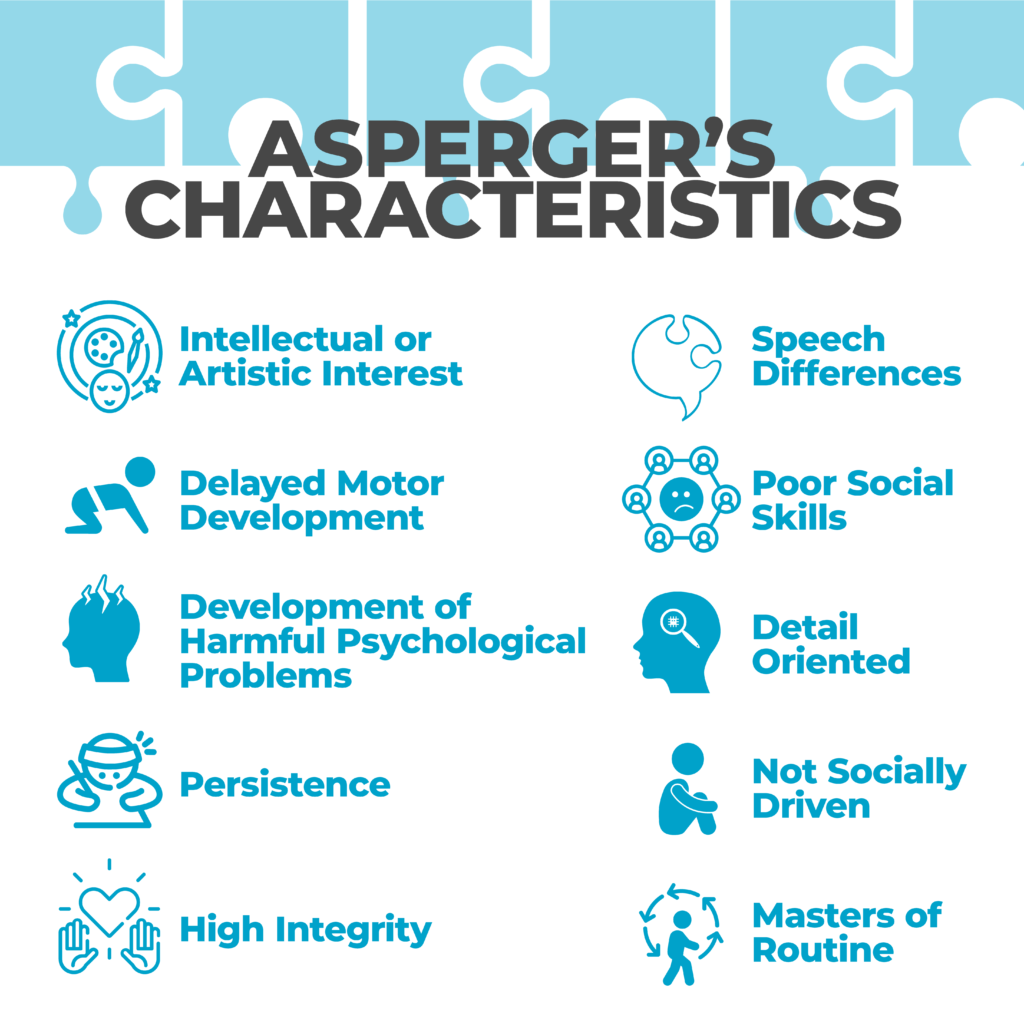How to Parent a Child with Asperger Syndrome
Parenting a child with Asperger Syndrome can be a challenging experience. It is important to remember that while your child may have difficulty understanding social cues and communicating their thoughts and feelings, they are still capable of learning and developing just as any other child. You can help your child reach their full potential with proper guidance, support, and understanding.
Recognize Your Child’s Struggles
Asperger Syndrome is a form of autism spectrum disorder that affects how people interact with others, process information, and communicate. People with AS may find it difficult to understand nonverbal communication like facial expressions or body language. They may also struggle to pick up on social cues from their peers or adults. Additionally, they may have challenges regulating their emotions or interpreting the emotions of others. It is important for parents to recognize these challenges in order to provide the best care possible for their children.
Utilize Positive Reinforcement
Positive reinforcement is an important tool when parenting children with AS. When your child displays appropriate behavior or meets certain goals, such as completing a task or engaging in conversation with others, you should reward them with praise or other forms of positive reinforcement like treats or special privileges. This will help encourage good behavior and will also improve self-esteem by showing them that you appreciate their efforts.
Provide Structure & Routine
Structure and routine are essential for children with AS because it helps them know what to expect each day which can reduce anxiety or stress levels associated with unfamiliar situations. Having a consistent schedule helps ensure that all needs are met—including time for homework, socializing with friends/family, physical activity/exercise and more—and allows your child the opportunity to better manage their behaviors and emotions on a daily basis.
Understand the Diagnosis
The first step in parenting a child with Asperger syndrome is to understand the diagnosis. Asperger syndrome is a neurodevelopmental disorder that affects social skills, communication, and behavior. Children with Asperger syndrome often have difficulty understanding social cues and may appear to be insensitive to the feelings of others. It is important to remember that children with Asperger syndrome are not intentionally being rude or disruptive; they simply may not understand how their actions are affecting others.
Seek Support
It is also important to seek out support from other parents of children with Asperger syndrome. There are many online and in-person support groups available for parents of children with special needs. These groups can provide invaluable information and support during difficult times.
Be Patient
Parenting a child with Asperger syndrome can be challenging, and it is important to be patient with your child and yourself. Children with Asperger syndrome often need extra time to process information and may become easily overwhelmed or frustrated. It is important to give your child plenty of time to adjust to new situations and to avoid putting them in situations that may be too overwhelming for them.
Establish routines
Routines can be extremely helpful for children with Asperger syndrome. Having a set routine for daily activities such as getting dressed, brushing teeth, and eating meals can help reduce anxiety and provide a sense of predictability for your child. It is also important to establish routines for bedtime and transitions between activities.
Use visual aids
Visual aids can be very helpful for children with Asperger syndrome. Using pictures or charts to explain expectations for behavior or tasks can help your child understand what is expected of them. Visual aids can also be used to schedule activities or transitions throughout the day, which can help reduce anxiety and confusion.
Encourage social interaction
While children with Asperger syndrome may have difficulty with social interaction, it is important to encourage them to interact with others as much as possible. This can be done by enrolling them in social skills groups or classes, arranging playdates with other children, or taking them to community events such as festivals or parades.
Promote physical activity
Physical activity is important for all children, but it can be especially beneficial for children with Asperger syndrome. Exercise can help improve focus, attention, and concentration, as well as reduce anxiety and stress levels. Additionally, physical activity can be a great way for children with Asperger syndrome to socialize and interact with others in a non-threatening environment.
Model appropriate behavior
Children with Asperger syndrome often learn best by observing the behavior of others. Therefore, it is important to model appropriate social behavior for your child. This includes things such as making eye contact when talking, using facial expressions and gestures when communicating, and maintaining personal space when around others
Parenting a child with Asperger Syndrome can be challenging, but it is also gratifying if done correctly! The most important thing parents need to remember is that their child is just like any other; they need love, support, structure, and positive reinforcement to thrive and reach their fullest potential! With patience and understanding from both parent and child alike, this journey will be much easier than anticipated!
Contact us today at 816.819.5166 or Schedule your appointment online.












